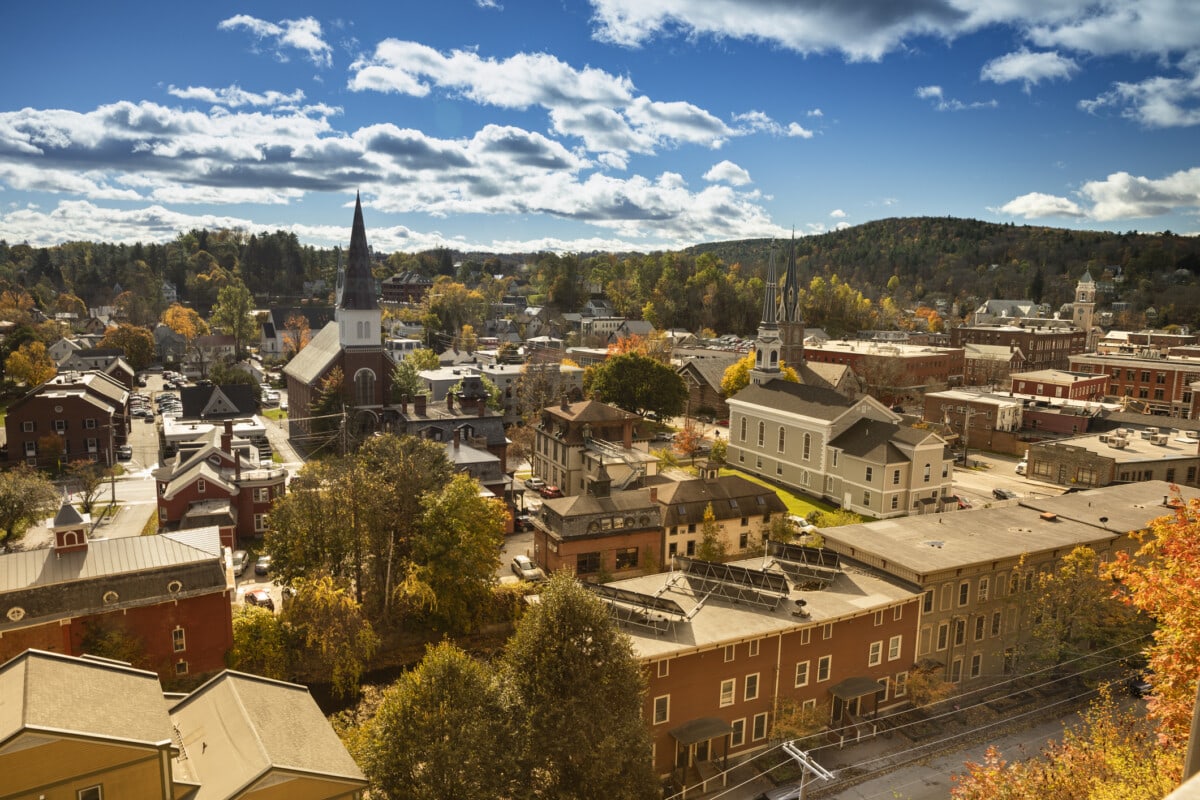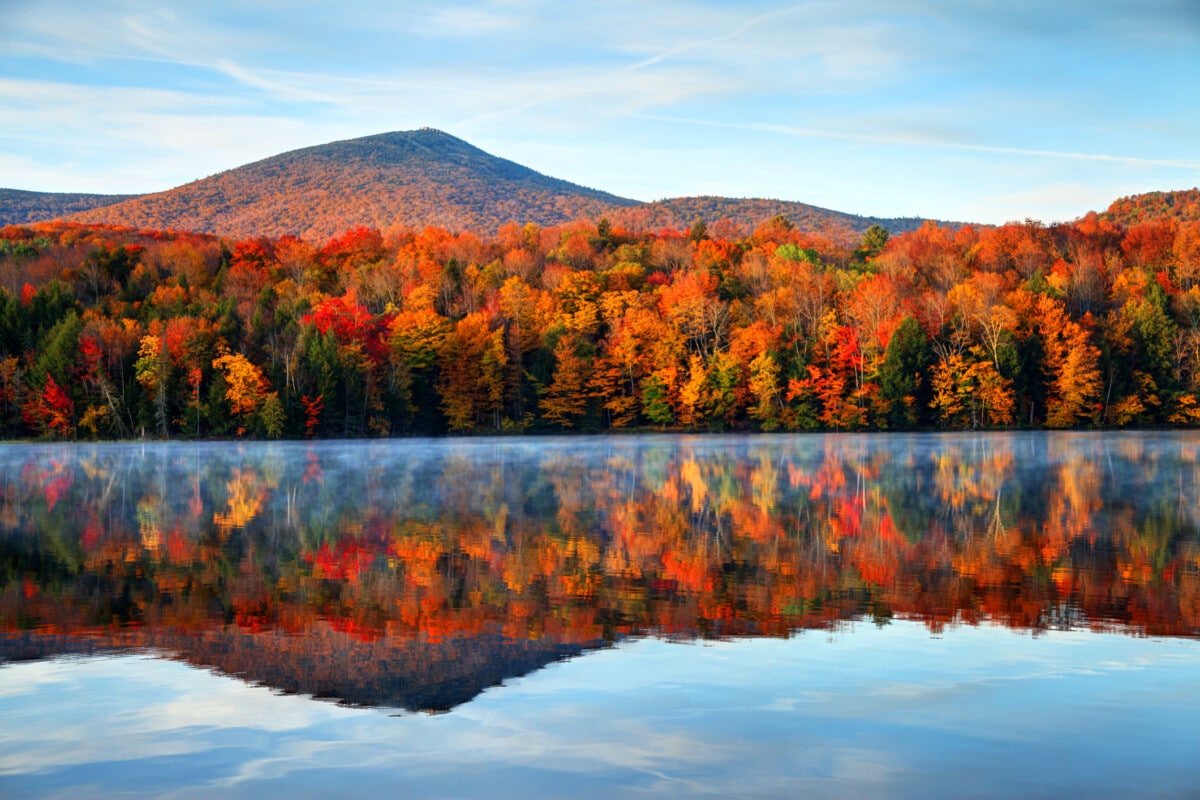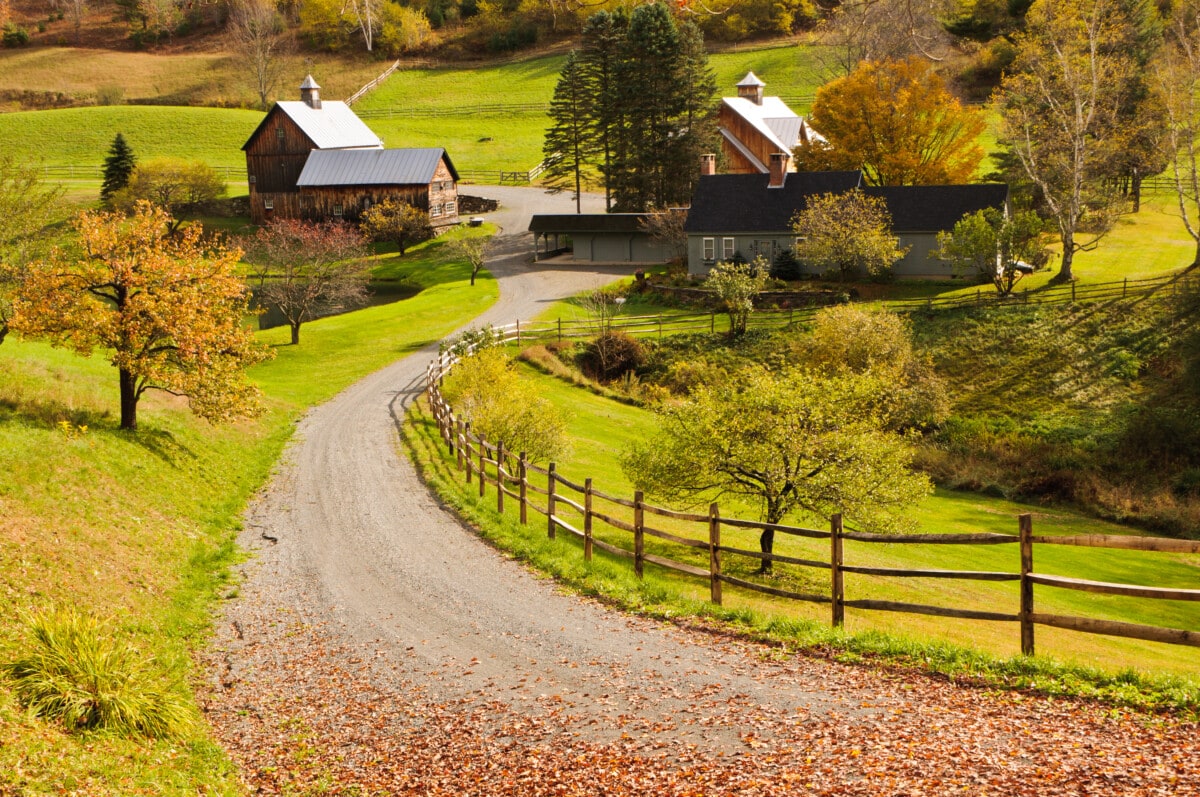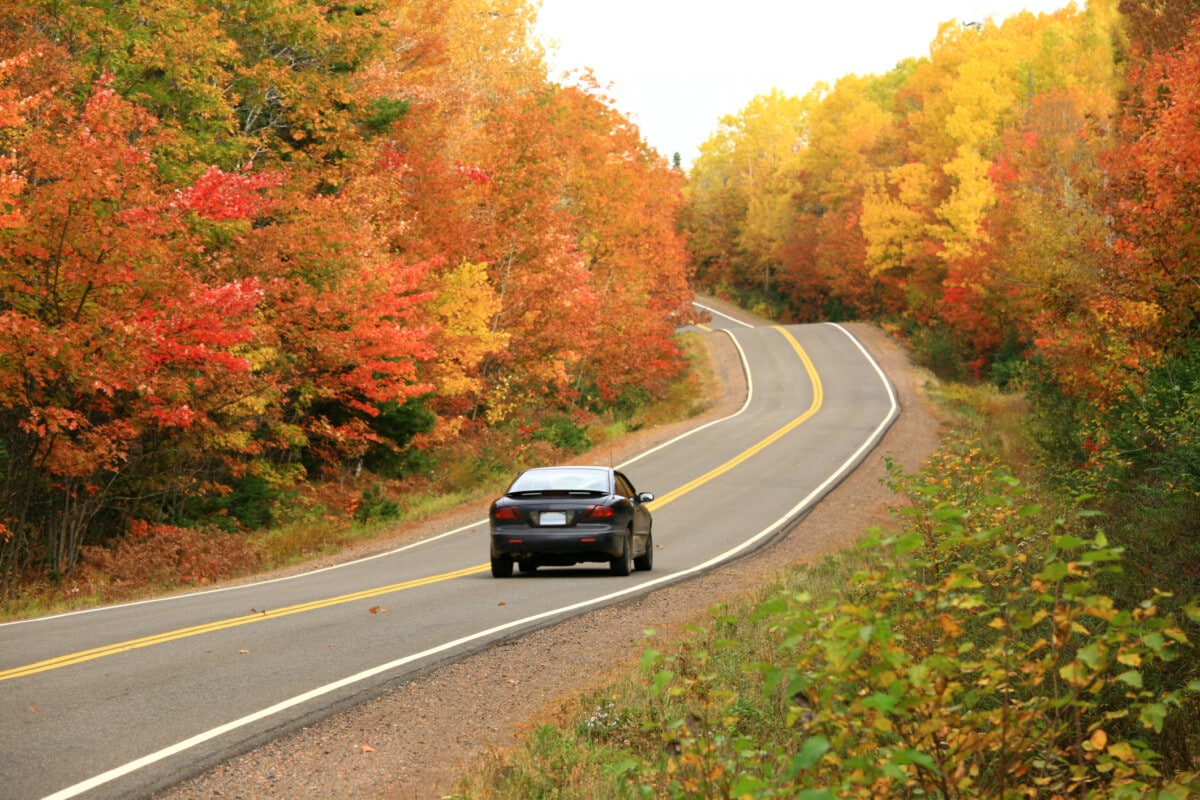Vermont, typically hailed as the gem of New England, provides an attracting mix of picturesque appeal, charming towns, and an abundant history. However is it the ideal location to call house? From the historical houses in Brattleboro to lovely apartment or condos in Montpelier, the Green Mountain State provides a varied series of living experiences. In this Redfin post, we’ll check out 10 benefits and drawbacks of residing in Vermont, supplying insights for anybody thinking about a transfer to this charming northeastern state.

Pros of residing in Vermont
1. Picturesque landscapes and natural appeal
Vermont, typically called the Green Mountain State, boasts awesome picturesque landscapes that mesmerize the senses of those lucky adequate to experience its natural appeal. The state is renowned for its attractive rolling hills, such as those discovered in the renowned town of Stowe, the thick forests of the Green Mountains, and the lovely countryside of locations like Greensboro In the fall, Vermont changes into an enchanting mix of lively colors as the foliage appears in a sensational screen of reds, oranges, and yellows. The renowned covered bridges, like the one at Quechee Canyon or the Emily’s Bridge in Stowe, include a touch of rustic appeal, covering throughout babbling brooks and matching the rural scenes.
2. Outside leisure chances
Vermont’s outside leisure chances are a conclusive pro for locals, providing a sanctuary for nature lovers and experience candidates. The state’s substantial network of routes, consisting of the popular Long Path that passes through, supplies hikers with awesome vistas and an opportunity to immerse themselves in the area’s beautiful wilderness. Vermont’s lakes and rivers welcome water lovers to enjoy kayaking, fishing, and paddleboarding, with Lake Champlain as a center for marine experiences.

3. Rich cultural and historic heritage
The state takes pride in its deep-rooted history, apparent in the unspoiled colonial architecture of towns like Bennington and Woodstock Vermont’s dedication to maintaining its heritage is exhibited by the many museums, such as the Shelburne Museum, which showcases varied collections varying from folk art to historical artifacts. The state’s lively cultural scene consists of yearly occasions like the Vermont Maple Celebration and the Vermont Mozart Celebration, providing locals an opportunity to commemorate customs and immerse themselves in the arts.
4. Renowned fall foliage
Countless individuals concern take in the annual wonderful fall foliage that blankets the whole state. The forests become a mix of reds, oranges, and yellows, making the hills appear like a stunning quilt. You have actually got well-known drives, like Path 100, where you can see these lively colors and lovely towns. And let’s not forget the traditional New England towns like Woodstock, with adorable churches and covered bridges.

5. Top quality regional food and farming
With a growing farm-to-table motion, Vermont locals delight in access to fresh and natural fruit and vegetables, dairy, and meats from regional farms. The state’s fertile soil and devoted farmers add to a varied farming landscape, providing whatever from artisanal cheeses to crisp apples and pure maple syrup.
Cons of residing in Vermont
1. Severe winter seasons with cold temperature levels
Vermont’s winter seasons, while picturesque, can provide a tough element for locals. The state is understood for its extreme winter season conditions, heavy snowfall, icy roadways, and freezing temperature levels. The typical day-to-day temperature level varieties from 20-30 degrees Fahrenheit, which can be a change for some. You’ll wish to prepare your house for winter season to secure yourself and your possessions throughout this cold duration.
2. High expense of living
In spite of the state’s general mean list price of $408,200 being listed below the nationwide mean, real estate expenses in bigger cities such as Burlington are 32% greater than the nationwide mean. The need for houses in picturesque locations adds to this boost. The general expense of products and services in Vermont tends to go beyond nationwide averages, affecting locals’ everyday expenditures. While Vermont boasts a distinct and appealing way of life, the raised expense of living positions possible monetary obstacles for its locals. To supply some affordable places, here are 3 budget-friendly locations to reside in Vermont

3. Minimal task chances
Among the obstacles connected with living in Vermont is the restricted task chances, especially in particular markets. The state’s economy is defined by its concentrate on farming, tourist, and small companies, often leading to less positions in particular specialized fields. As an outcome, potential locals might require to thoroughly evaluate the task market and think about how well it lines up with their profession goals prior to making Vermont their house.
4. Obstacles with transport in remote locations
The state’s spectacular landscapes typically lead locals to select more remote or rural places with restricted mass transit alternatives. As a result, numerous depend on individual lorries, and travelling might require browsing winding, less-maintained roadways– particularly challenging throughout extreme winter season weather condition. In popular cities like Burlington, categorized as a car-dependent city with a transit rating of 39, the requirement for individual lorries stays noticable due to the restricted schedule of alternative transport alternatives in these picturesque however less available locations.

5. Absence of metropolitan facilities
Residing in Vermont’s backwoods can suggest an absence of metropolitan facilities, posturing obstacles for those accustomed to the benefits of city life. The lack of big shopping mall, home entertainment complexes, and different dining alternatives can restrict leisure and way of life options. Rural locals might require to take a trip longer ranges to gain access to health care centers, specialized services, or cultural occasions. The restricted schedule of civil services in some remote locations might likewise be a factor to consider.
Benefits and drawbacks of residing in Vermont: Bottom line
Selecting to make Vermont your house includes browsing the benefits and drawbacks that form the distinct experience of living in this attractive state. The appeal of Vermont depends on its awesome landscapes, robust outside leisure chances, abundant cultural heritage, and a dedication to top quality regional farming. Nevertheless, the state’s extreme winter seasons, high expense of living, restricted task chances in particular markets, and the rural nature with an absence of metropolitan facilities present obstacles that potential locals should think about.
.